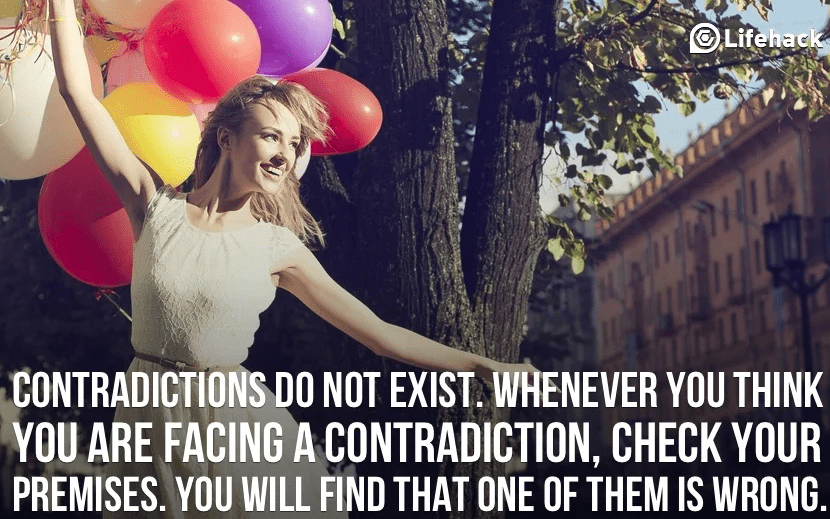When you come from a fixed place, a fixed worldview, a fixed ‘IS’ then of course you are going to look for the answer… a fixed thing… that will match what your worldview is, completely.
But unfortunately to you there is no ‘the right answer’, the perfect match… because everything in reality depends on everything else.
It is a lot like a jigsaw puzzle where each puzzle piece is a jigsaw puzzle itself.
So it is no wonder that most people never amount to much if anything, if their thinking is that there is a silver bullet, and answer, that solves everything.
There isn’t.
But when I work with people, when I look at their numbers, their numbers show an eerie consistency with their thinking.
The more they are willing to engage with a world that is infinitely complex and yet it has a deep simplicity, the higher their numbers and the more effective they are in managing their lives.
This puzzle is infinitely complex and yet simple
Raising your numbers, raising your consciousness, raising your integrity, inventing yourself anew are all part of this infinitely complex and yet simple puzzle.
It is impossible to get traction if you can’t handle the complexity, AND if you can’t see the simplicity, if you cannot connect the dots.
I have been working on this issue for about ten years. I see both dimensions more fully, both the complexity and the simplicity.
In today’s article I’ll speak to both… in a bits and pieces type of article… I hope you’ll enjoy it no matter where you are on the evolutionary scale.
OK. Puzzle piece 1: Responsibility. Taking, declaring ownership over what you say, what you do, and your relationship to it.
Obviously a lot to look at, both in the present and in the past. What owns what you say, what you do, and your relationship to it… now. Where did it come from. What decisions you made about the world, yourself, life… and what did you say: ‘therefore the way to win in life is…’
It is one thing to see that you decided how the world is… and quite another to see that it was your ‘the answer’ of the simpleminded… ‘the truth’ of the simpleton.
And you may even see that for the three year old child that was totally normal, and fit well with their undeveloped brain… but to bring it to 30-40-50-60 year old you is quite another thing.
Not normal, even if 99.99% of all humans did that.
Not long ago I was teaching some questions that can trigger responsibility, ownership… It fizzled out. People took it as ‘the answer’ and it was not as satisfying as they expected ‘the answer’ to be: it didn’t solve any problems.
They could not see that nothing solves your problems: you do. Not something. What you see, what you say, what you do as a result of seeing it.
No one, not even one of my students considers themselves as cause, even after I turn their ‘responsibility gene’ on, and keep it on, by turning it on and turning it on.
It seems that responsibility needs a willingness to cause…
Read the rest of the article









